Your Questions? Answered
We've tried to cover some of your questions here, but if you do have a question we haven't covered, contact us and we will be happy to answer it.
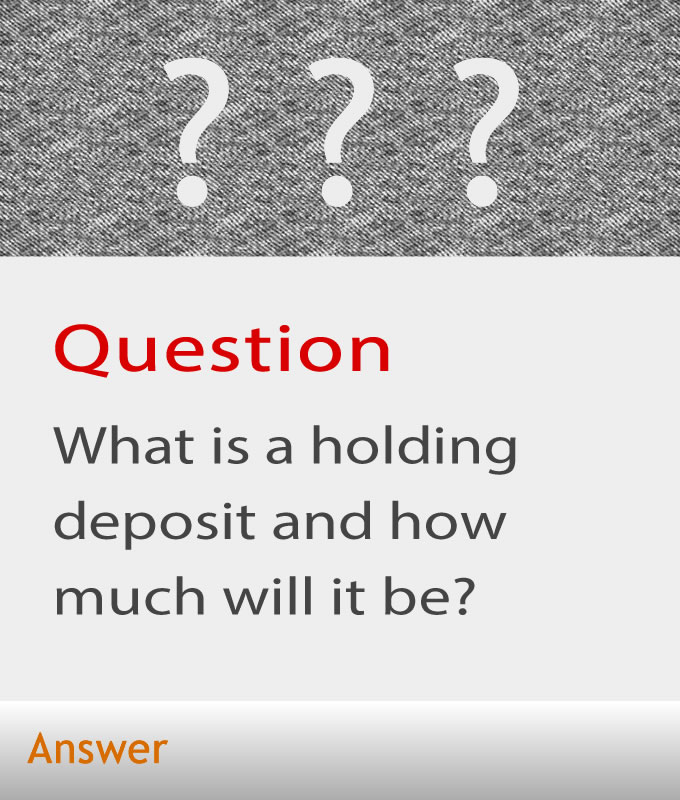
A holding deposit is what you pay to take a property off the market before you sign the tenancy agreement.
Once the holding deposit is paid, there will be no more viewings on the property and it won't be marketed to anyone else, meaning it’s provisionally ‘yours’.
The holding deposit is £100.00 and will be paid towards your first month's rent.
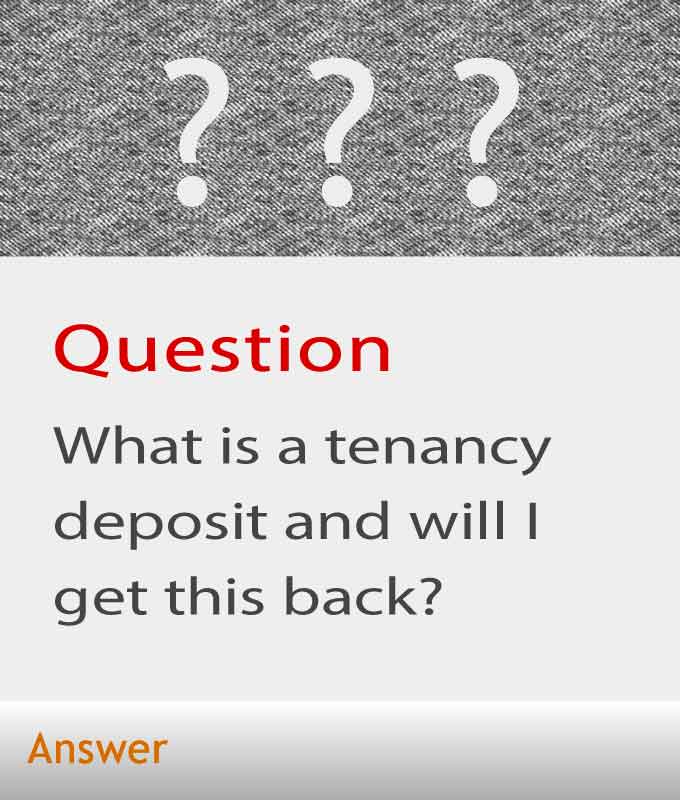
By law, all deposits in the UK must be registered with a tenancy deposit protection scheme within 30 days of it being paid. Landlords have a choice of registering it with three Government-approved schemes: the Deposit Protection Service (DPS), MyDeposits, or The Dispute Service (TDS).
Deposit protection was set up in 2007 to protect tenant's rights and means that no money can be deducted from your bond without your input. A landlord or letting agent must “claim” money, and they must be able to prove that the works they carried out were caused by the tenants, or they will not win the money if it goes into dispute.

A guarantor is a parent or guardian who agrees to pay the rent if the tenant fails to do so. Professional tenancies in the UK will often be subject to references from current employers, as well as credit checks, which student tenants can’t provide.
To be a guarantor they must be UK residents, UK homeowners, and over the age of 25. The guarantor paperwork needs to be signed and the original documents provided to us before or during the signing of the tenancy agreement.
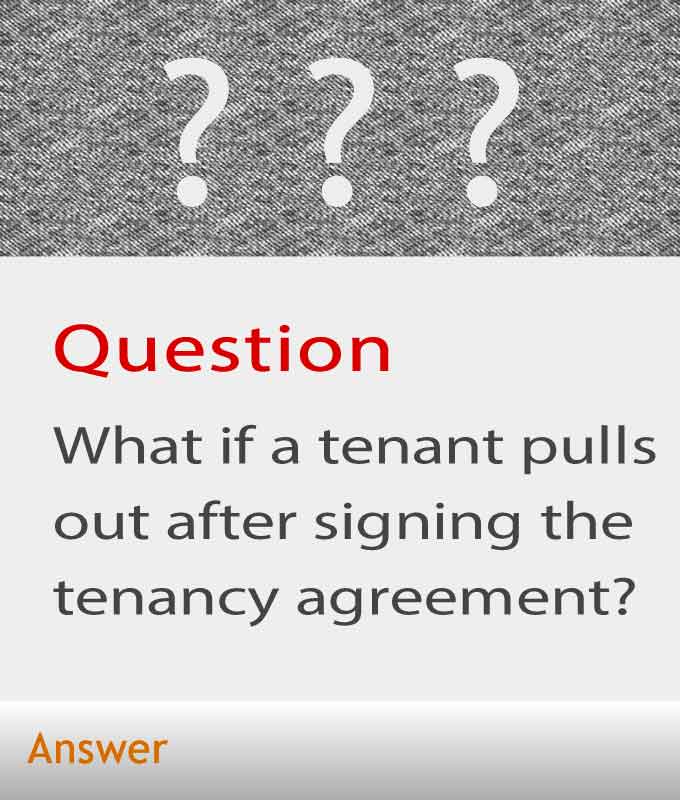
If a tenant drops out of a contract after they've signed the tenancy agreement, he or she is still liable to pay the rent until a replacement tenant can be found and a new tenancy agreement signed.
The new tenancy agreement will need to be signed by the new party of tenants, which will be the tenants from the original contract, plus the replacement for the departing tenant.
That contract will then supersede the prior tenancy agreement, and the departing tenant will no longer be liable for any responsibilities under the tenancy.
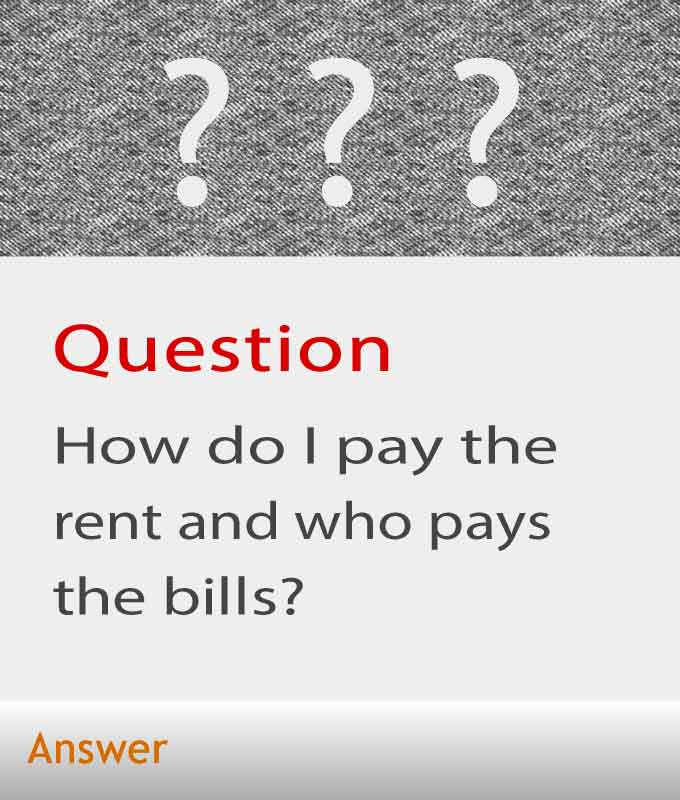
Let Only properties should be paid direct to the landlord, for all managed properties we collect the rent on behalf of the landlord by standing order, paid by the tenants on the 1st of each month.
Tenants are responsible for setting up the utilities for the property and are liable for all bills, including the TV licence.
Students who are full time don't have to pay council tax, but your letting agent and the council will need to see a copy of your exemption certificate, so they don't pursue you for payment.
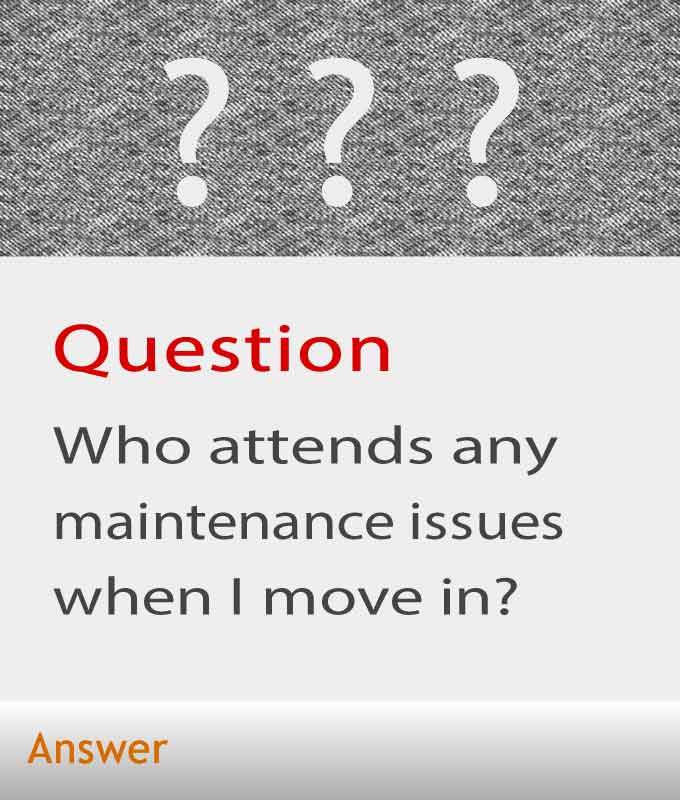
Maintenance for 'Let Only' properties should be reported to the landlord direct. Any problems within Managed properties should be reported to Hensons Homes.
We will always endeavour to deal with reports in the fastest possible time to limit any inconvenience to our tenants.
Please refer to our maintenance web page for further details.
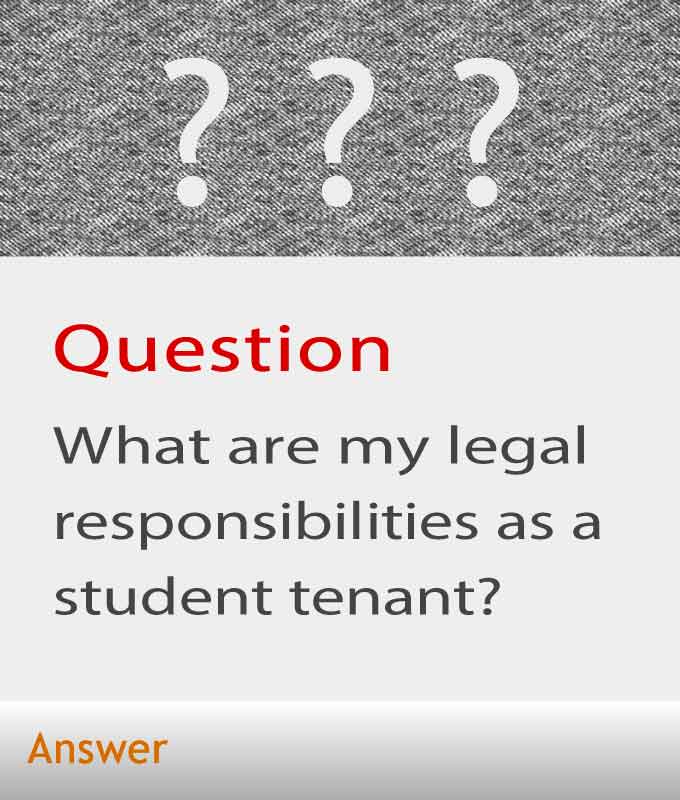
Under the Landlord and Tenant Act 1985, tenants are responsible for carrying out minor maintenance to a property, such as
Changing lightbulbs.
Topping up boiler pressure.
Unblocking toilets and drains.
Regulating condensation levels to prevent mould build-up.
Heating the property during the winter to make sure the pipes don't freeze;
Keeping the property clean and tidy, including recycling properly and throwing away all rubbish.
Tenants are also responsible for reporting other maintenance issues in a timely manner so that the landlord can deal with any issues before they get worse.
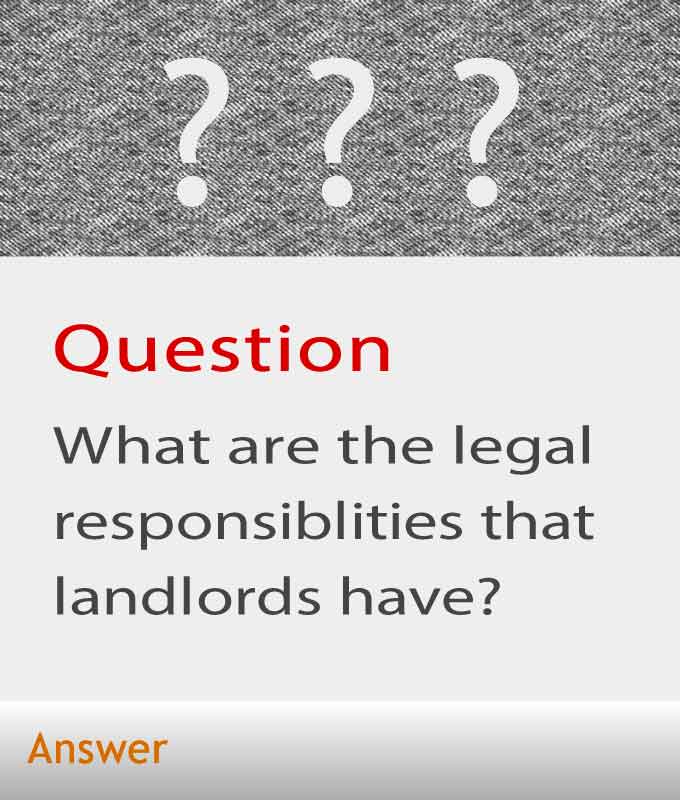
A landlord is responsible for ensuring that the structure of the house is sound and that it's fit to live in. This includes making sure the property has the following:
Heating.
Lights.
Hot water.
No safety hazards.
Sanitation and sewerage.
Regular (typically annual) checks for gas, fire and electrical safety.
An HMO licence, if it is a licensable property.
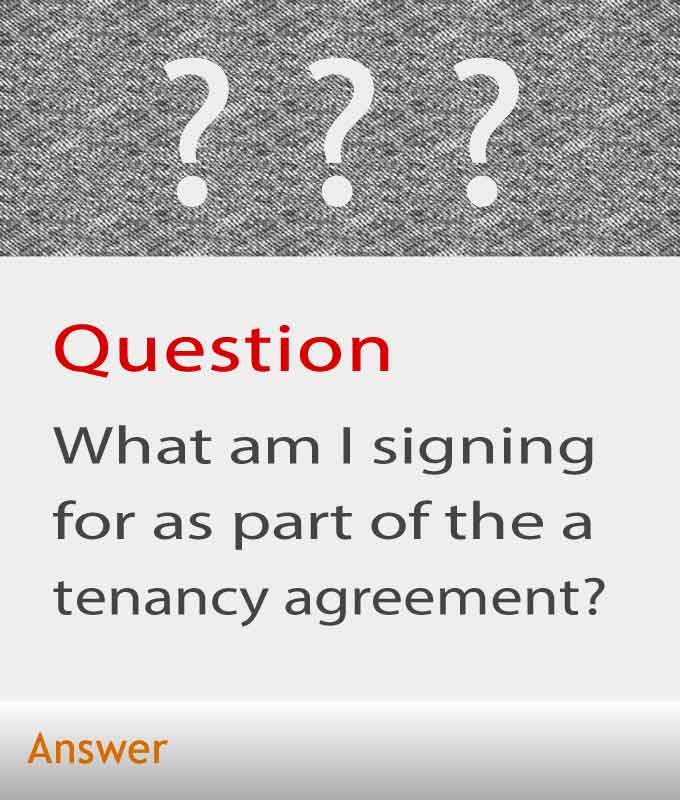
Your tenancy agreement is not just a contract allowing you to live in a property if you pay your rent on time.
It's a Joint Assured Shorthold Tenancy, which also sets out the responsibilities of the tenants regarding actions to be taken by the tenant in terms of maintenance works and paying bills.
It's also an agreement that you'll all live in a 'tenant-like manner', look after the property, pay your rent and bills on time, and make sure that your housemates do the same.




